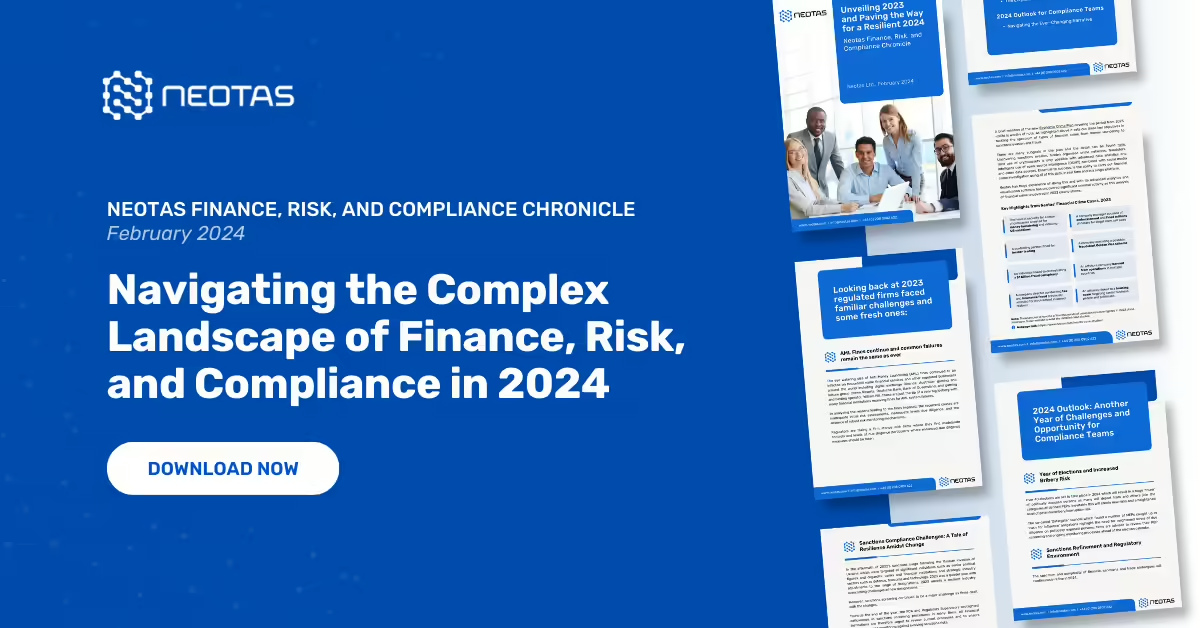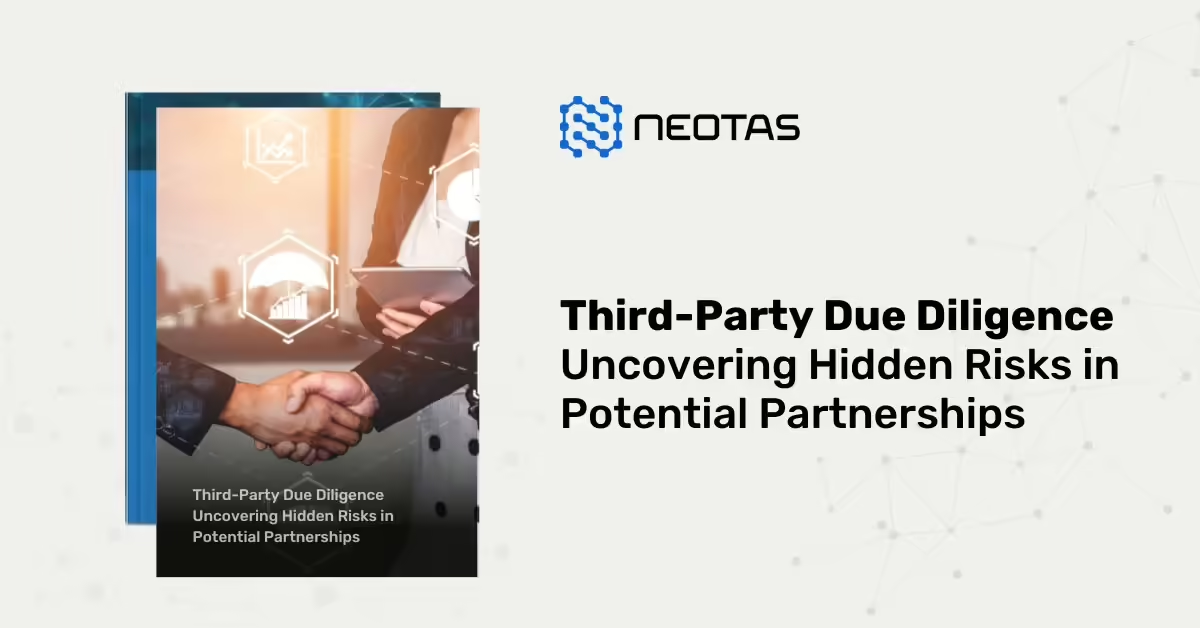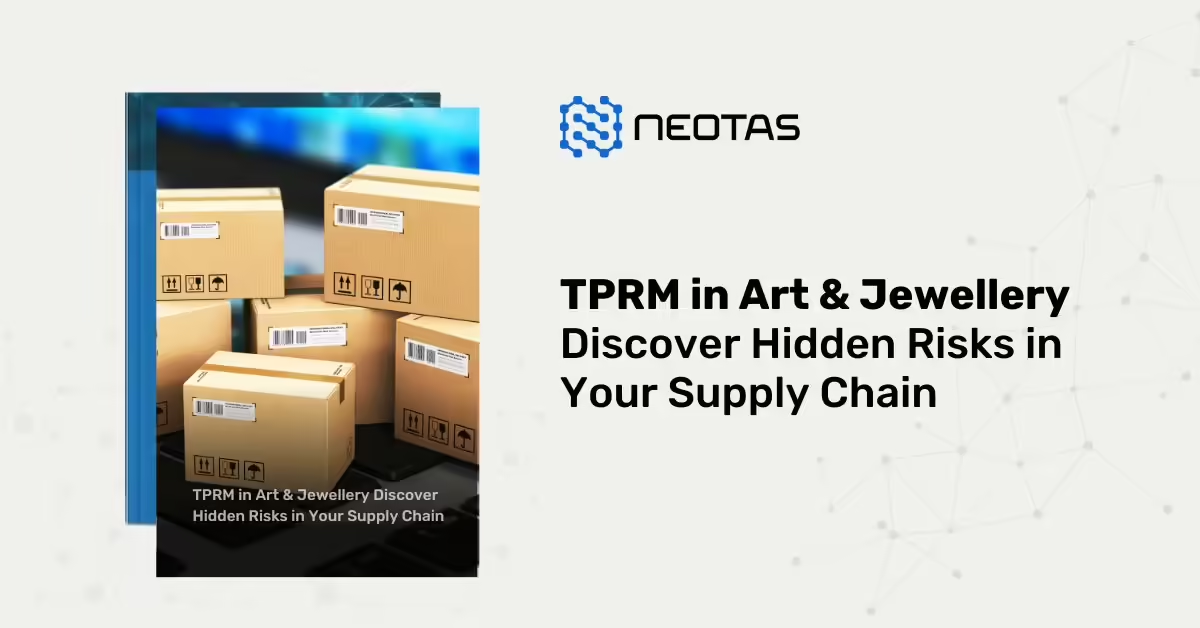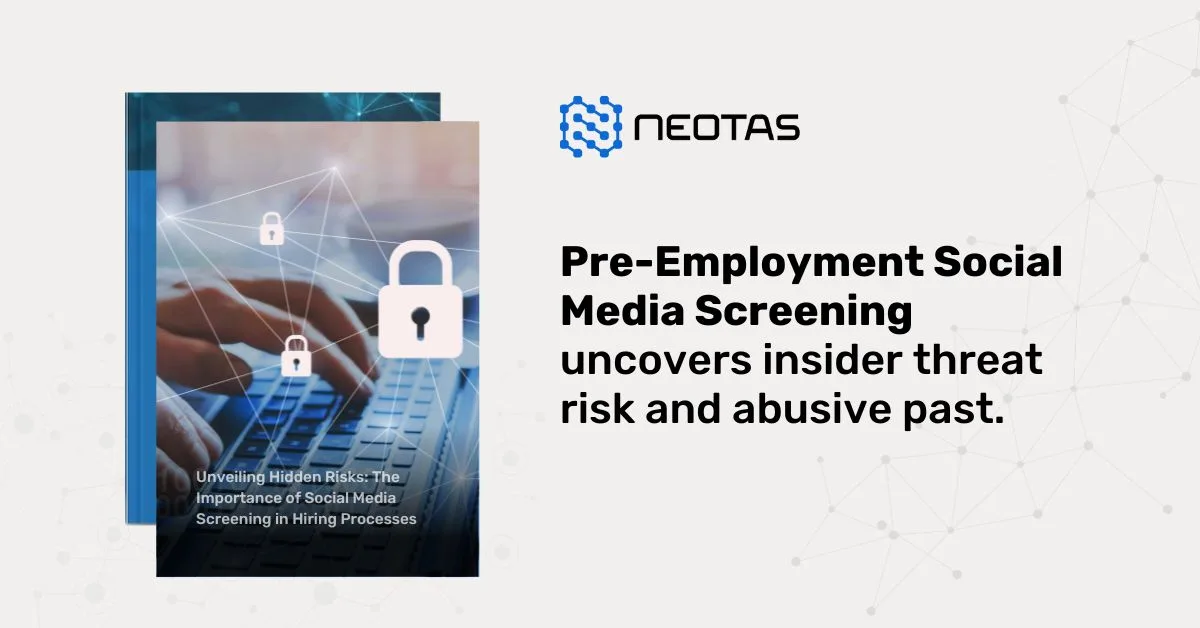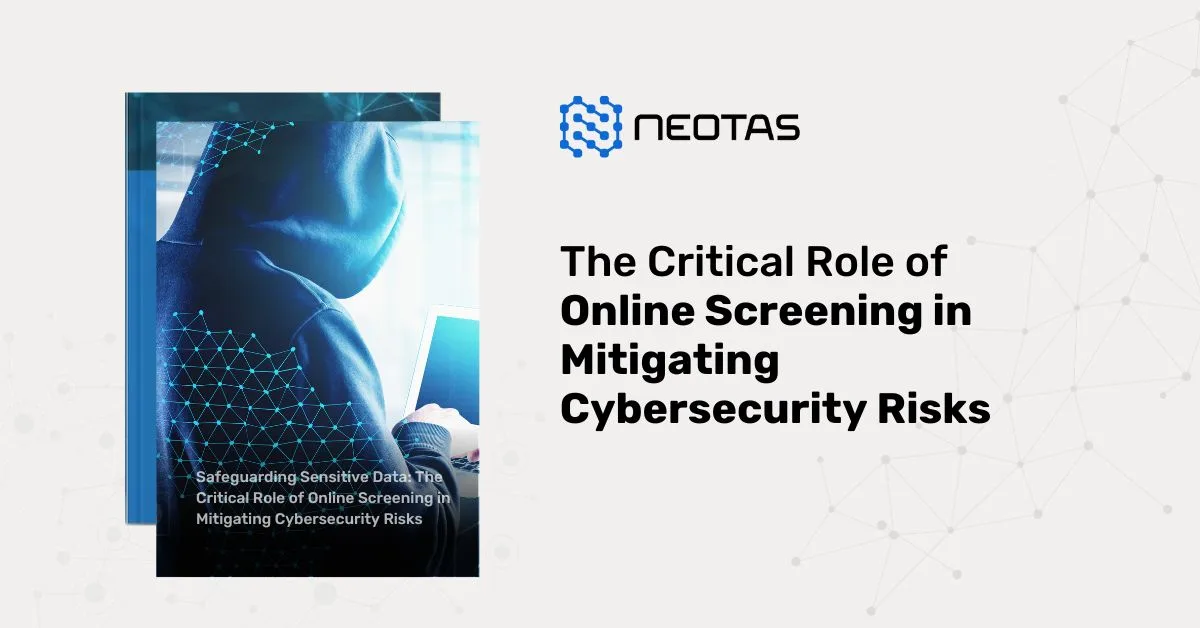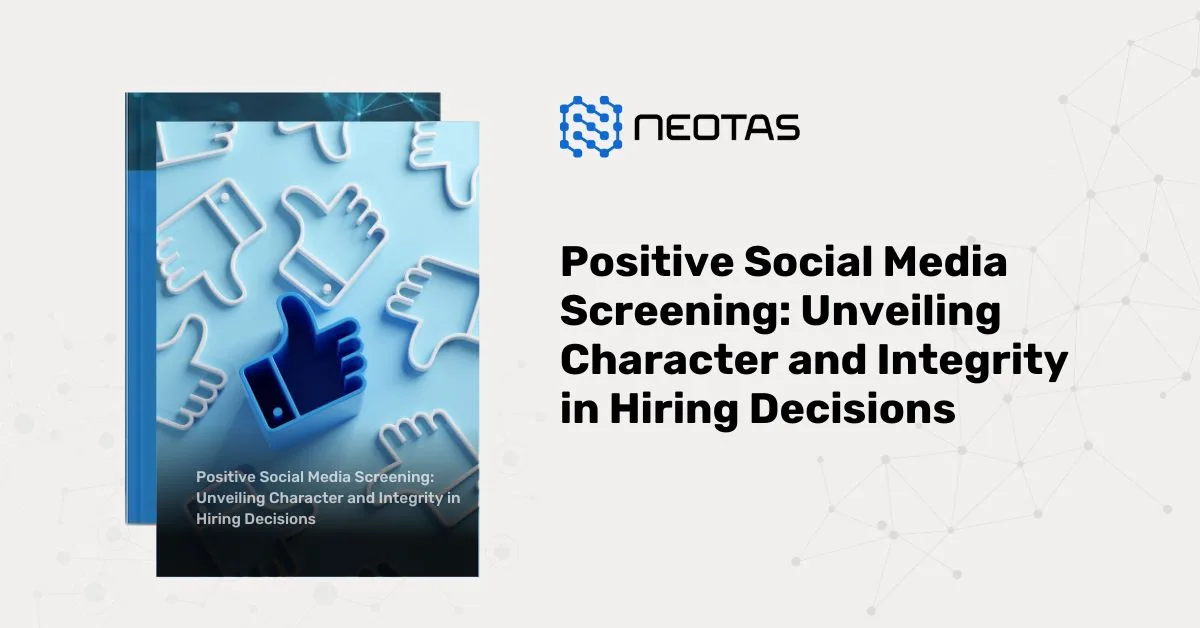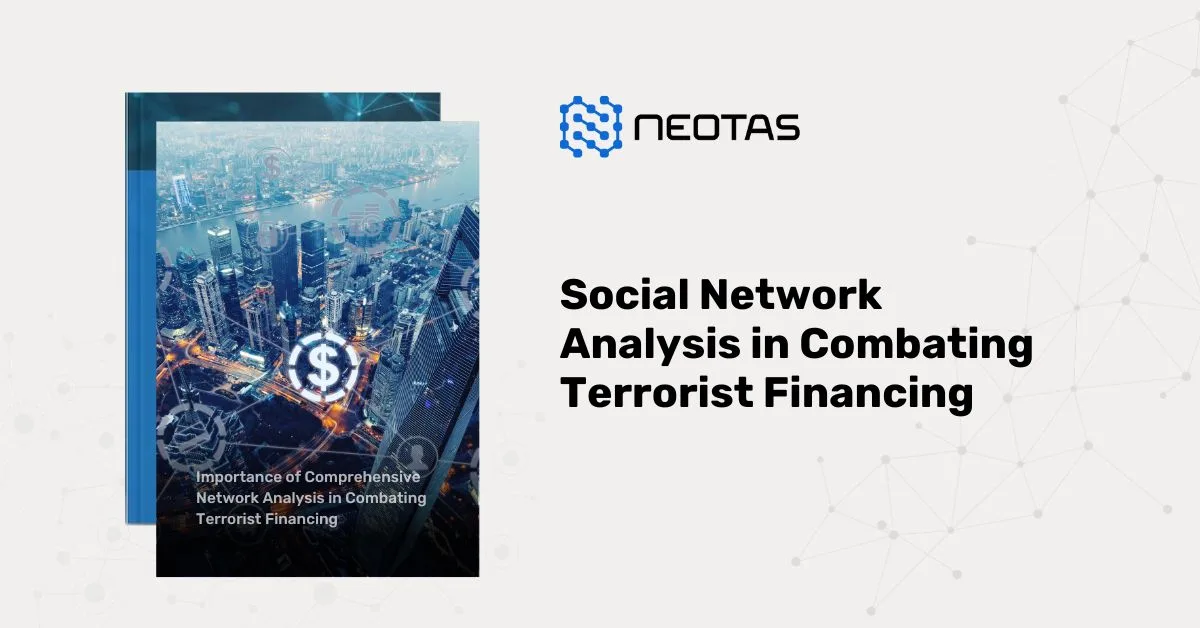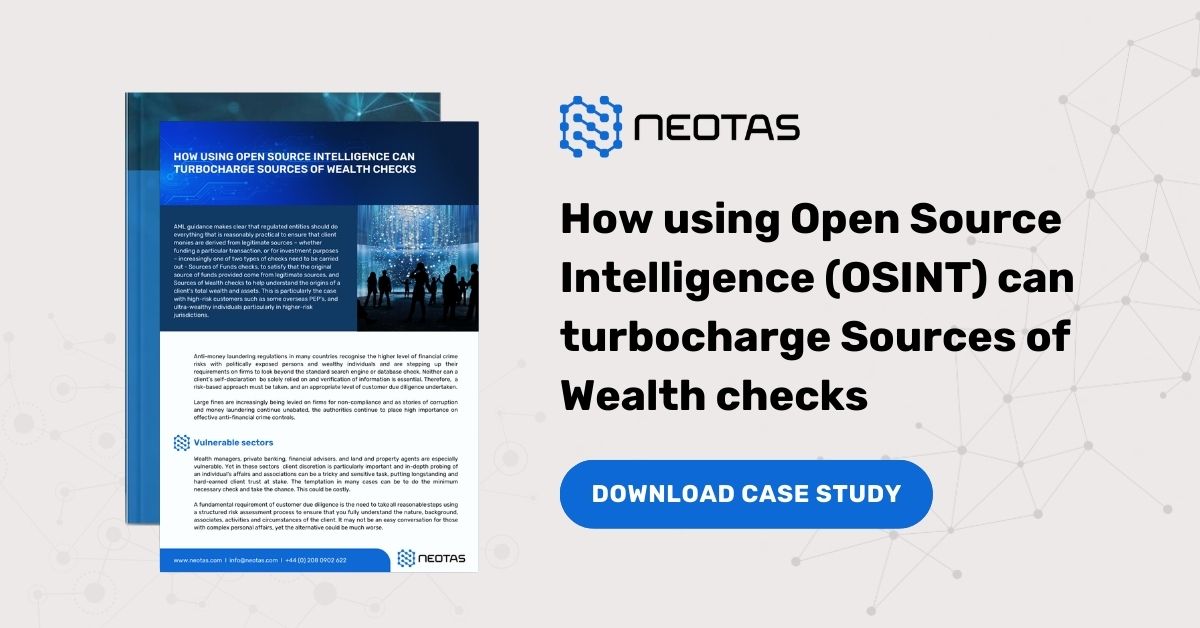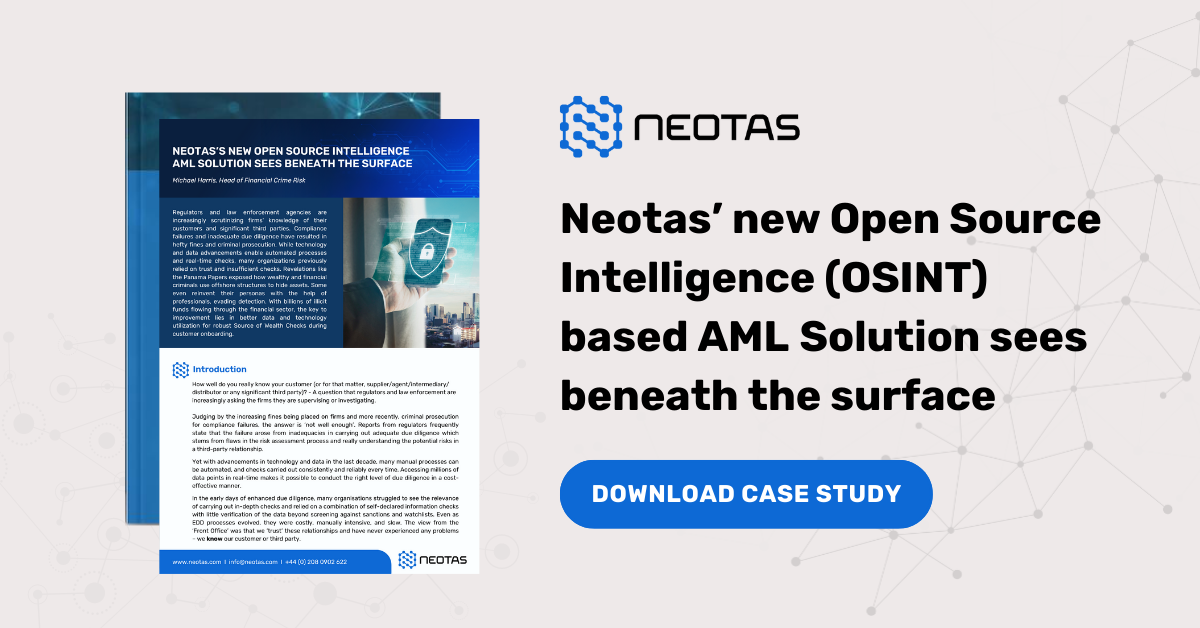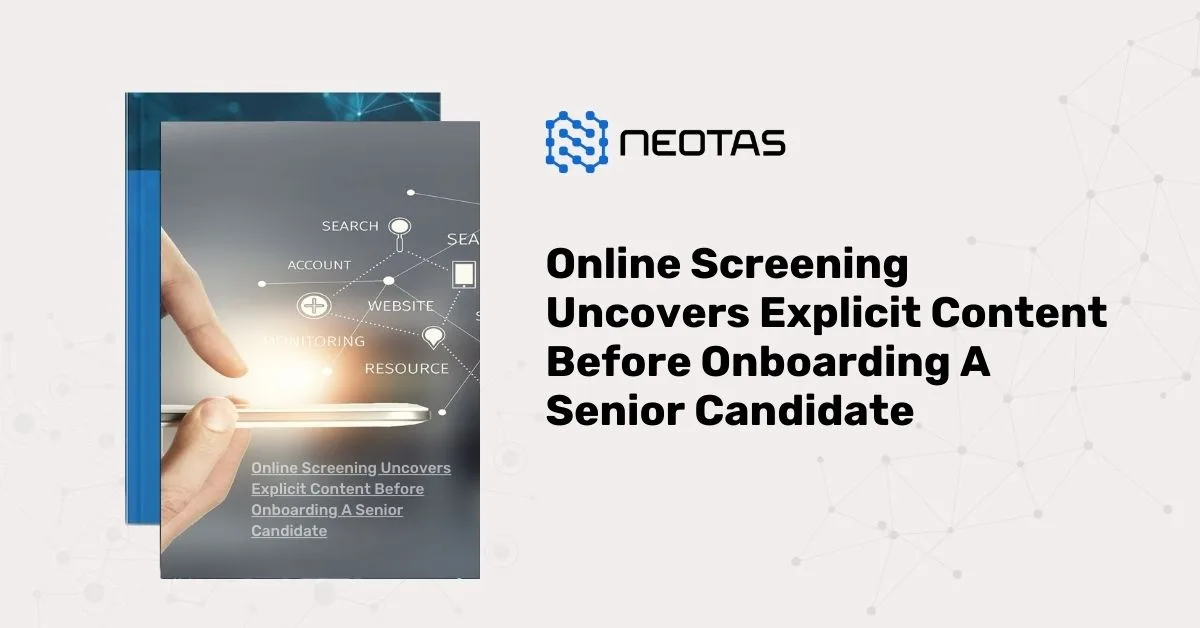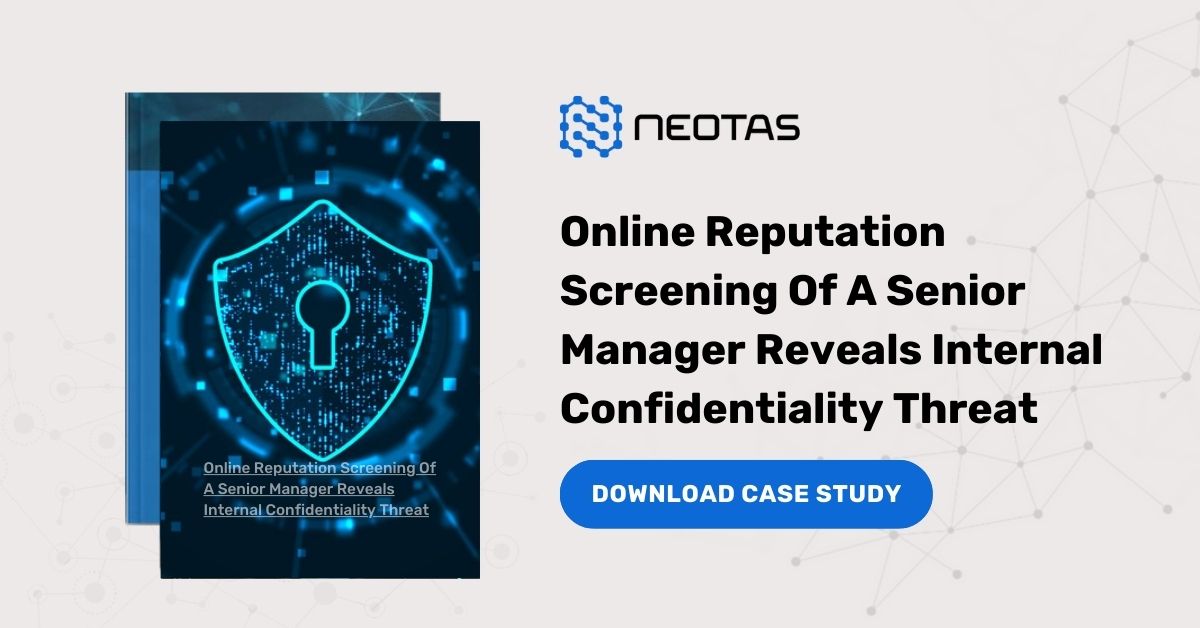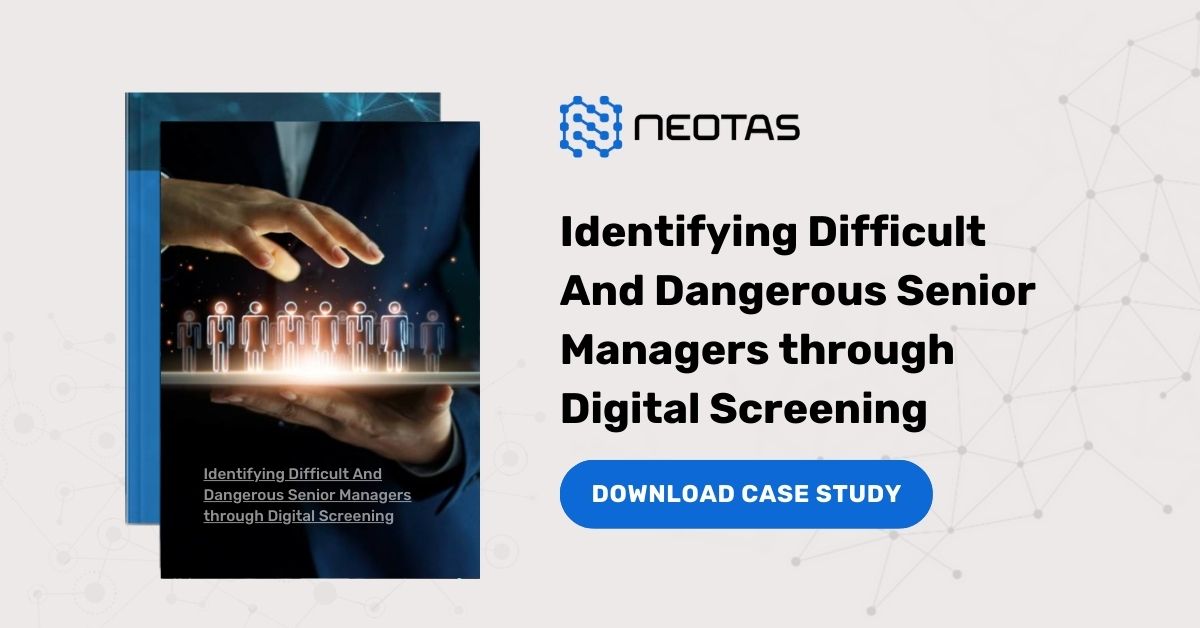Commercial Vendor Due Diligence
What is Commercial Vendor Due Diligence (VDD): A Comprehensive Approach to Mitigating Third-Party Risks
In today’s interconnected business landscape, organisations increasingly rely on external vendors and third-party service providers to enhance their operations, access specialised expertise, and drive cost efficiencies. However, this reliance on external entities also introduces potential risks that, if left unmitigated, can have severe consequences for an organisation’s reputation, financial stability, and overall success. To effectively manage these risks, a robust vendor due diligence process is essential.
Vendor due diligence is a systematic and thorough evaluation of a potential or existing vendor’s capabilities, operations, and overall risk profile. It is a critical component of an organisation’s third-party risk management (TPRM) framework and plays a crucial role in ensuring that vendors meet the required standards and can deliver the expected services or products without posing unacceptable risks to the organisation.
What is included in a Commercial Vendor Due Diligence
Commercial vendor due diligence is a comprehensive process aimed at evaluating and assessing potential risks associated with engaging a third-party vendor or service provider. It involves a thorough examination of various aspects of the vendor’s operations, capabilities, and overall risk profile.
The key components typically included in a robust commercial vendor due diligence process are:
- Legal and Corporate Evaluation:
- Reviewing the vendor’s legal structure, ownership, and corporate governance
- Assessing any past or ongoing legal disputes, litigations, or regulatory investigations
- Evaluating the vendor’s compliance with relevant laws, regulations, and industry standards
- Financial Assessment:
- Analyzing the vendor’s financial statements, credit history, and overall financial stability
- Assessing the vendor’s ability to meet financial obligations and maintain operational continuity
- Evaluating the vendor’s cash flow, debt levels, and profitability
- Operational and Service Capability Assessment:
- Reviewing the vendor’s operational processes, policies, and procedures
- Evaluating the vendor’s ability to deliver the required services or products consistently and reliably
- Assessing the vendor’s capacity, resource allocation, and scalability
- Information Security and Data Protection:
- Evaluating the vendor’s cybersecurity measures, data protection practices, and compliance with relevant regulations (e.g., GDPR, PCI DSS)
- Assessing the vendor’s ability to safeguard sensitive data and prevent data breaches
- Reviewing the vendor’s incident response and disaster recovery plans
- Business Continuity and Disaster Recovery:
- Evaluating the vendor’s business continuity and disaster recovery plans
- Assessing the vendor’s ability to maintain service delivery and recover from potential disruptions or incidents
- Reviewing the vendor’s contingency plans and backup systems
- Reputational Risk Assessment:
- Conducting background checks on the vendor’s key personnel and management team
- Evaluating the vendor’s reputation, ethical practices, and track record
- Assessing any potential conflicts of interest or reputational risks
- Third-Party Risk Management:
- Evaluating the vendor’s processes for managing its own third-party relationships and subcontractors
- Assessing the vendor’s ability to monitor and mitigate risks associated with its supply chain
- Contract Review and Negotiation:
- Reviewing and negotiating contractual terms, service level agreements (SLAs), and performance metrics
- Ensuring that the contract includes appropriate provisions for risk mitigation, termination clauses, and indemnification
- Ongoing Monitoring and Performance Evaluation:
- Establishing mechanisms for regular audits, reviews, and performance evaluations
- Monitoring the vendor’s compliance with contractual obligations and service level agreements
- Assessing any emerging risks or changes in the vendor’s operations or risk profile
It’s important to note that the scope and depth of the vendor due diligence process may vary depending on the nature of the vendor’s services, the level of risk involved, and the specific requirements of the organization or industry. However, a comprehensive approach that covers these key areas is essential for effectively mitigating risks and ensuring a successful vendor relationship.
Implementing an effective Commercial Vendor Due Diligence Process
An effective vendor due diligence process should encompass several key elements, each designed to provide a comprehensive understanding of the vendor’s operations, capabilities, and potential risks.
Risk Assessment and Categorisation
The first step in the vendor due diligence process is to conduct a thorough risk assessment and categorise the vendor based on the level of risk associated with their services or products. This assessment should consider factors such as the criticality of the vendor’s services, the sensitivity of the data or information involved, and the potential impact of a vendor failure or breach on the organisation’s operations.
Background and Financial Checks
Conducting background and financial checks on the vendor is crucial for understanding their stability, reputation, and overall financial health. This may involve reviewing the vendor’s credit history, financial statements, ownership structure, and any past legal or regulatory issues.
Operational and Technical Assessments
Evaluating the vendor’s operational and technical capabilities is essential to ensure they can meet the organisation’s requirements and deliver the expected services or products. This assessment may involve reviewing the vendor’s processes, policies, infrastructure, and technical capabilities, as well as conducting on-site audits or inspections.
Cybersecurity and Data Protection
In today’s digital age, cybersecurity and data protection are paramount concerns. The due diligence process should thoroughly assess the vendor’s cybersecurity measures, data handling practices, and compliance with relevant regulations and industry standards, such as the General Data Protection Regulation (GDPR) or the Payment Card Industry Data Security Standard (PCI DSS).
Compliance and Regulatory Requirements
Depending on the industry and the nature of the vendor’s services, there may be specific compliance and regulatory requirements that must be evaluated. This could include assessing the vendor’s adherence to relevant laws, regulations, and industry standards, as well as their ability to meet any specific contractual obligations or service level agreements (SLAs).
Business Continuity and Disaster Recovery
Ensuring the continuity of operations is crucial for both the organisation and the vendor. The due diligence process should evaluate the vendor’s business continuity and disaster recovery plans, assessing their ability to maintain service delivery and recover from potential disruptions or incidents.
Ongoing Monitoring and Oversight
Vendor due diligence is not a one-time event; it is an ongoing process that requires continuous monitoring and oversight. Organisations should establish mechanisms for regular reviews, audits, and performance evaluations to ensure that the vendor continues to meet the required standards and mitigate any emerging risks.
Benefits of a Commercial Vendor Due Diligence Process
Implementing a comprehensive vendor due diligence process offers numerous benefits to organisations, including:
Risk Mitigation
By thoroughly evaluating potential vendors and their associated risks, organisations can make informed decisions and implement appropriate risk mitigation strategies, reducing the likelihood of adverse events or disruptions.
Operational Resilience
Ensuring that vendors meet the required standards and have robust business continuity plans helps organisations maintain operational resilience and minimise the impact of potential disruptions or vendor failures.
Regulatory Compliance
Many industries and jurisdictions have specific regulations governing third-party risk management and data protection. A robust vendor due diligence process helps organisations demonstrate compliance and avoid costly penalties or reputational damage.
Cost Optimization
By thoroughly evaluating vendors and their capabilities, organisations can select those that offer the best value for money, optimising costs while ensuring high-quality services or products.
Competitive Advantage
An effective vendor due diligence process can differentiate an organisation from its competitors, demonstrating a commitment to risk management and instilling confidence in customers, partners, and stakeholders.
In the contemporary business environment, where third-party vendors play a crucial role in organisational operations, a robust vendor due diligence process is essential for mitigating risks and ensuring successful partnerships. By conducting thorough assessments, evaluating operational capabilities, cybersecurity measures, and compliance requirements, organisations can make informed decisions and implement appropriate risk mitigation strategies. Ultimately, a comprehensive vendor due diligence process not only protects an organisation’s interests but also fosters trust, resilience, and long-term success in an increasingly interconnected business landscape.
Read the detailed guide on Vendor Due Diligence Checklist
How can Neotas Vendor Due Diligence process help?
Enhance your vendor due diligence process with Neotas. Our rigorous analysis minimises risks, expedites sales, and increases value creation. Gain buyer confidence through objective assessments. Through our enhanced due diligence platform, businesses can efficiently track and evaluate vendors and contractors, ensuring adherence to security protocols in a cost-effective manner.
The Neotas platform automates the vendor onboarding process, streamlining the addition of new vendors with remarkable ease and speed.
Moreover, Neotas provides a customisable dashboard, enabling businesses to proactively identify and address emerging risks. By consolidating vital vendor information, Neotas facilitates the seamless integration of risk management into existing Customer Relationship Management (CRM) and Supply Chain Management (SCM) systems, ultimately helping businesses maximise profits while minimising risk exposure.
Request a Demo
If you’re curious about whether our Vendor Due Diligence solutions and services align with your organisation, don’t hesitate to schedule a call. We’re here to help you make informed decisions tailored to your needs.
Vendor Due Diligence Solutions:
- Enhanced Due Diligence
- Management Due Diligence
- Customer Due Diligence
- Simplified Due Diligence
- Third Party Risk Management
- Vendor Due Diligence
- Vendor Due Diligence (VDD) Guide
- Vendor Due Diligence Report
- Vendor Due Diligence Checklist
- Vendor Due Diligence Questionnaire
- Vendor Due Diligence Process
- Open Source Intelligence (OSINT)
- Introducing the Neotas Enhanced Due Diligence Platform
Vendor Due Diligence Case Studies:
- Third Party Risk Management (TPRM) Using OSINT
- Open-source Intelligence For Supply Chain – OSINT
- ESG Risk Management Framework with Neotas’ OSINT Integration
- Open Source Intelligence In AML Compliance | Case Study
- Identifying Difficult And Dangerous Senior Managers
- ESG Risk Investigation Uncovers Supply Chain Risks
- Financial Crime Compliance & Risk Management Trends
- Network Analysis Reveals International Links In Credit Risk Case
- Network Analysis and Due Diligence – Terrorist Financing
- Using OSINT For Sources Of Wealth Checks
- ESG Risks Uncovered In Investigation For Global Private …
- PEP Screening: Undisclosed Political Links Uncovered For European Organisation
- Risk-Based Approach (RBA) to AML & KYC risk management
- Anti-Money Laundering (AML)
- Supply Chain Risk Management
- Due Diligence Explained: Types, Checklist, Process, Reports

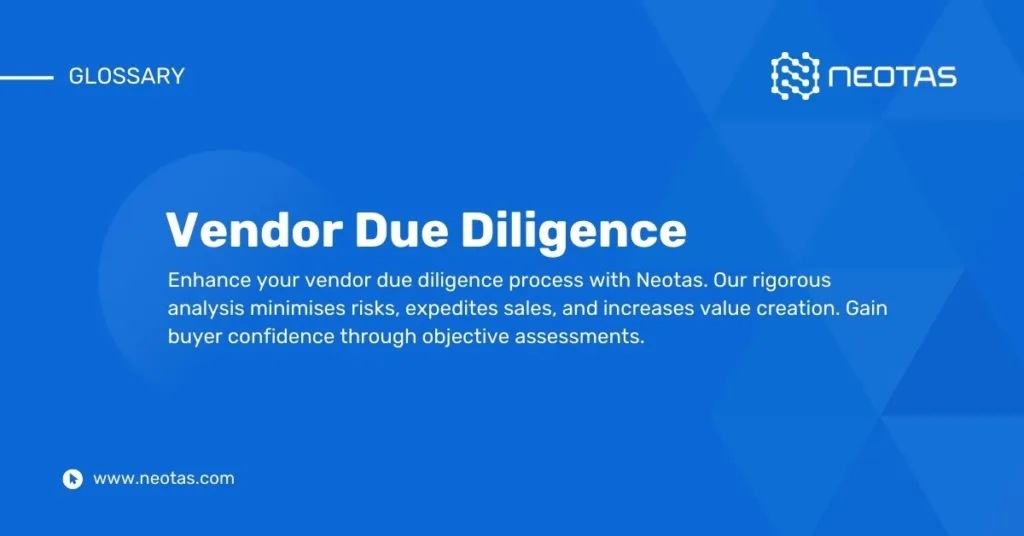

 Financial Crime Compliance Trends 2024
Financial Crime Compliance Trends 2024